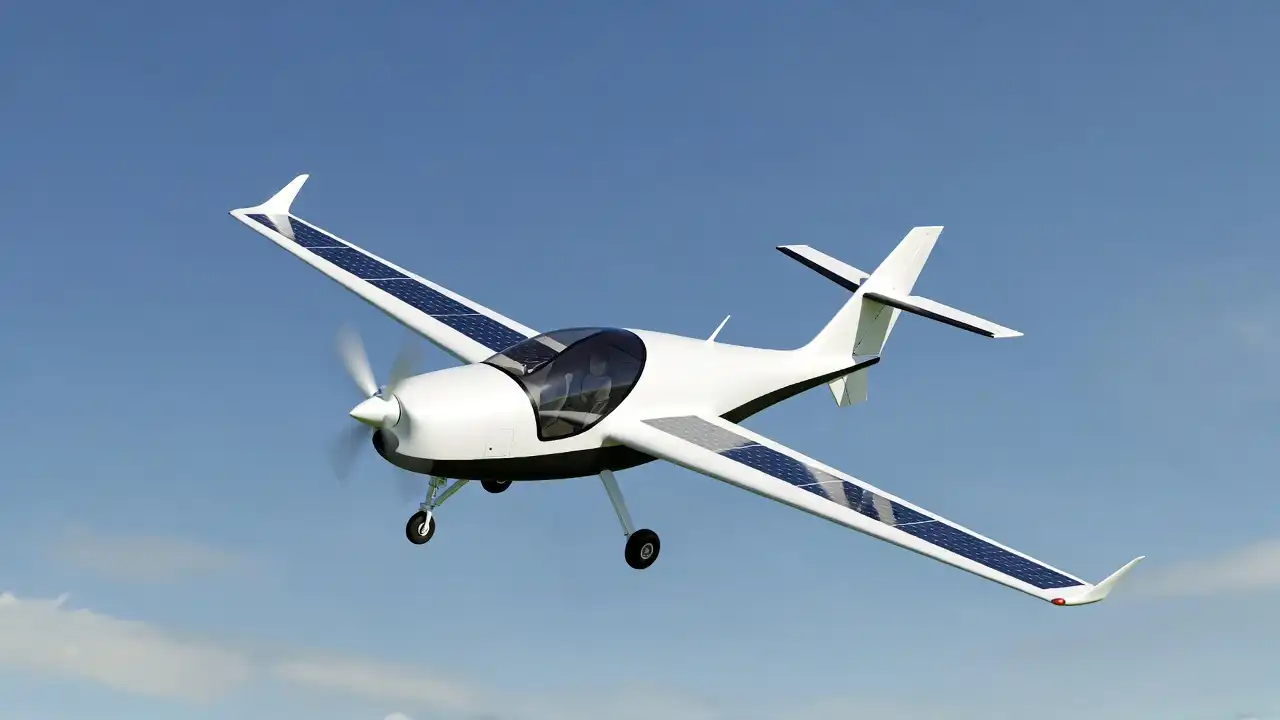Key Points
- Electric aircraft offer a sustainable alternative to traditional planes, reducing carbon emissions and noise pollution.
- Advancing battery technology makes electric aircraft suitable for short-haul and urban flights, with increased range and flight duration.
- Streamlined aircraft designs and advanced materials maximize energy efficiency, enhancing flight performance and range.
- AI-driven systems in aircraft can optimize routes and power usage, improving safety and operational efficiency.
In a world where sustainability is paramount, the aviation industry is undergoing a significant transformation with the rise of electric aircraft. These revolutionary flying machines represent a leap forward in eco-friendly transportation, offering the potential to significantly reduce carbon emissions and pave the way for a cleaner, greener future.
Rechargeable batteries power electric aircraft, which are gaining popularity for their ability to minimize the aviation industry’s environmental impact. These aircraft are quieter, produce zero direct emissions during flight, and require less maintenance than traditional planes powered by combustion engines.
As battery technology advances, electric aircraft are becoming increasingly viable for commercial use, ranging from short-haul flights to urban air mobility. High-capacity, lightweight batteries are crucial for the aircraft’s success, enabling longer flight durations and increased range. Researchers and engineers are tirelessly working to enhance battery energy density and charging speed, pushing the boundaries of what’s possible in this domain.
Moreover, advancements in aerodynamics and aircraft design are crucial in maximizing efficiency and performance. Electric aircraft are being designed with streamlined structures, improved energy management systems, and advanced materials to achieve optimal aerodynamic efficiency, extend range, and improve overall flight experience. The race to develop fully electric commercial airliners is well underway, with several significant players in the aviation industry investing heavily in research and development.
Airlines are beginning to invest in electric aircraft fleets, recognizing the long-term benefits of reduced operational costs and a positive environmental impact. Furthermore, integrating autonomous and semi-autonomous technologies into the aircraft is another exciting frontier. Advanced AI systems can optimize flight routes, manage power usage, and enhance safety, making electric air travel more efficient and accessible.
As the world embraces sustainable transportation options, electric aircraft represent a major step forward in the aviation industry’s evolution. While challenges remain, continuous innovation and investment in this sector are propelling us toward a future where electric aircraft will be an integral part of our global transportation network, offering efficient and eco-friendly alternatives for air travel.




